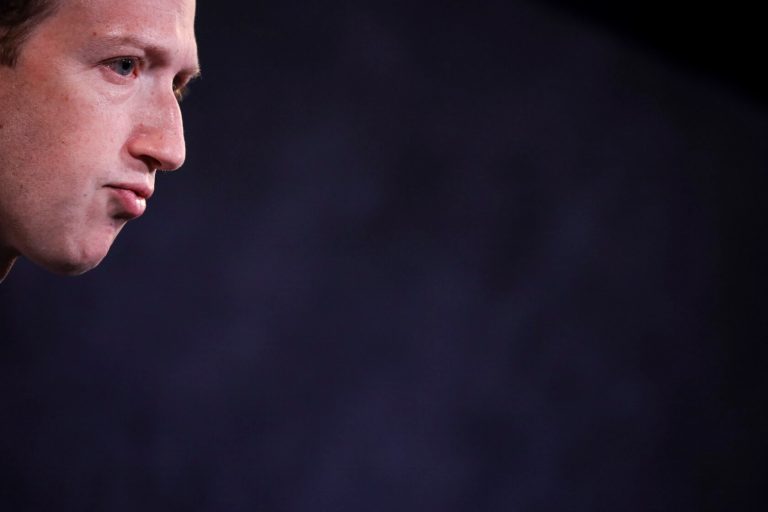Much of tech journalism these days amounts to the rewriting of press releases and corporate blog posts. A good example of this came on Friday, when the blogosphere cranked out one post after another that dutifully regurgitated the announcement of Meta’s decision to no longer amplify “political” content on Instagram and Threads from accounts that users don’t follow — in a presidential election year, no less.
As is the case with so many bad ideas, this one sounds great as long as you don’t look at it too closely. The intention here, basically, is that outrage-inducing political clickbait and disinfo paid for by Russian troll farms that’s dressed up to look like news will no longer invade the sanctity of your feeds and Explore pages.
Which is fine, I guess, except for one thing.
All that content isn’t going to magically start keeping its distance from Threads and Instagram users on its own. In order for Meta to prevent users from seeing that political content, in other words, the company must first identify which posts are political, and which are not.
Tech. Entertainment. Science. Your inbox.
Sign up for the most interesting tech & entertainment news out there.
By signing up, I agree to the Terms of Use and have reviewed the Privacy Notice.
Moreover, the only way Meta can possibly identify which posts are political is for the company to also define what counts as political. Logic suggests that the company needs to know what it’s looking for, and must then proactively find it, before it can go about hiding it from users. And that, by the way, is the most important takeaway from Friday’s announcement:
What’s most noteworthy was not that Instagram and Threads will no longer amplify an account’s political posts to non-followers, which is what every headline declared. Rather, it’s that Mark Zuckerberg’s Meta, in the midst of a presidential campaign season, has chosen this moment to define what counts as political content — and whether you see it or not.
This is a bad idea for so many reasons, and to understand why just look at Meta’s unsatisfying and banal definition of what counts as political content. It’s content that, and I quote, is “potentially related to things like laws, elections, or social topics.”
 Meta CEO Mark Zuckerberg speaks at an event in New York City. Image source: Drew Angerer/Getty Images
Meta CEO Mark Zuckerberg speaks at an event in New York City. Image source: Drew Angerer/Getty Images
If, again, you look beyond the press release, it becomes all-too-apparent how bizarre an endeavor is. Let’s say, for example, there’s a post on Instagram or Threads that expresses a user’s excitement at attending an upcoming rally in support of LGBT rights. Is that a political post? To a conservative voter, probably, while to the user who made that post the content is simply an extension of their identity.
Or what if, say, a law professor writes an explainer post that elucidates the 14th Amendment to help their followers better understand it — importantly, without mentioning Trump by name (the 14th Amendment bars anyone who previously swore to upload the Constitution from holding office if they’re found to have engaged in “insurrection or rebellion.”) Is that political content? And speaking of Trump, what if a post simply said something along the lines of: Did you see what Trump did when the camera landed on him at the Super Bowl yesterday?
Honestly, it never ceases to amaze me how logically inconsistent people can be in their attitudes toward Meta — and to Zuckerberg, specifically. Facebook is a privacy nightmare! Zuck is too powerful! And speaking of power, I want Zuck’s systems to be able to zero in on specific, individual posts from users and hide them if they’re too political!
Obviously, that’s a staggeringly absurd contradiction, but here we are. No wonder the demise of the social web is well underway. In terms of policing content, these big platforms have careened from the earlier eras of letting ‘er rip and then squelching reach unless you pay to play, to now becoming quasi-Ministries of Truth that automate decisions about what content users are and aren’t allowed to see. Perhaps the next press release will clarify how all this shakes out.

